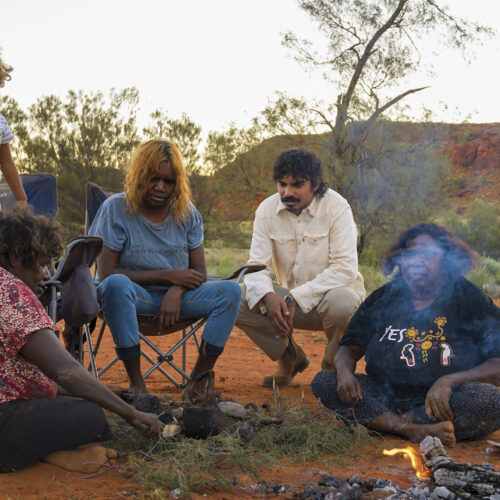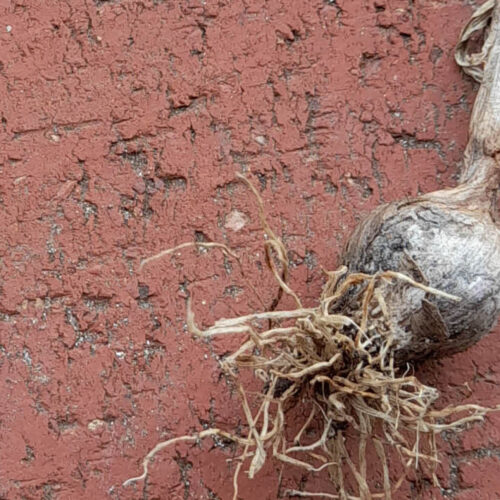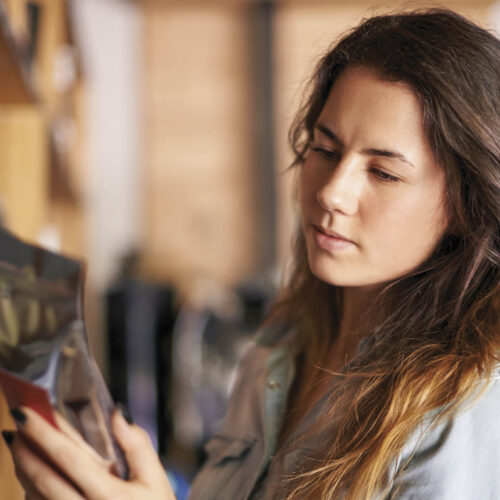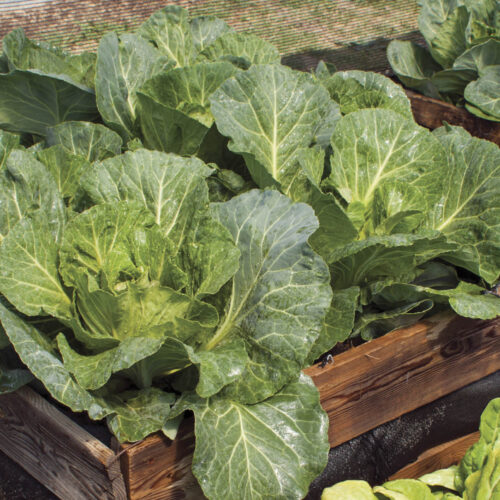Turning food to bioplastics
2017-12-12T00:40:21+11:00
Two brothers are turning plant-based food waste into bioplastics, writes Dr Reese Halter.
In 2015, it was estimated that there could be as many as 51 trillion pieces of plastic in the oceans. If so, that’s 500 times more plastic than stars in the Milky Way galaxy. Even the remotest shorelines of Antarctica and the Arctic are strewn with plastic. In fact the United Nations has deemed ocean plastic as a planetary crisis.
So what can be done?
Each of us is required to lend a helping hand and reduce the amount of personal plastics that we consume. Plastics are not only choking the oceans but also cooking the globe. Currently, plastics are mostly petroleum-based. They have a huge heat-trapping annual footprint.
For every problem there are at least three solutions. A tremendous breakthrough with an innovative approach is exactly what Full Cycle Bioplastics of Richmond, California, has brought to the market.
Founded by ocean-loving twins, Jeff and Dane Anderson, Full Cycle Bioplastics uses a process known as polyhydroxyalkanoates, or PHAs, to make polyesters produced in nature by many kinds of microorganisms. The technology has been around for a while but other companies use expensive feedstocks made of pure sugar or seed oils to make bioplastics.
Instead, the Anderson brothers embraced nature’s principal of no waste. The company collects plentiful sources of discarded plant-based food waste, turning it into compostable and marine degradable bioplastics, which can safely be consumed as fish food.
Full Cycle Bioplastics converts plant-based food waste into durables, bags, takeaway food containers, cutlery, water bottles, shampoo bottles and more.
Aussie researchers at the University of Queensland are also very keen on this lucrative technology of turning plant waste into bioplastics, which do not harm animals, waterways or landfills.
Since an estimated one third of all food grown is currently thrown away there’s an unlimited source of plant material begging to become PHA bioplastics
The race is on to see which Aussie start-ups will fill this necessary packaging niche – and not a moment too soon.
It is unacceptable to continue polluting our oceans with petroleum-based plastics, especially now we have the tools to turn this around!
Dr Reese Halter’s latest book is Save Nature Now.






